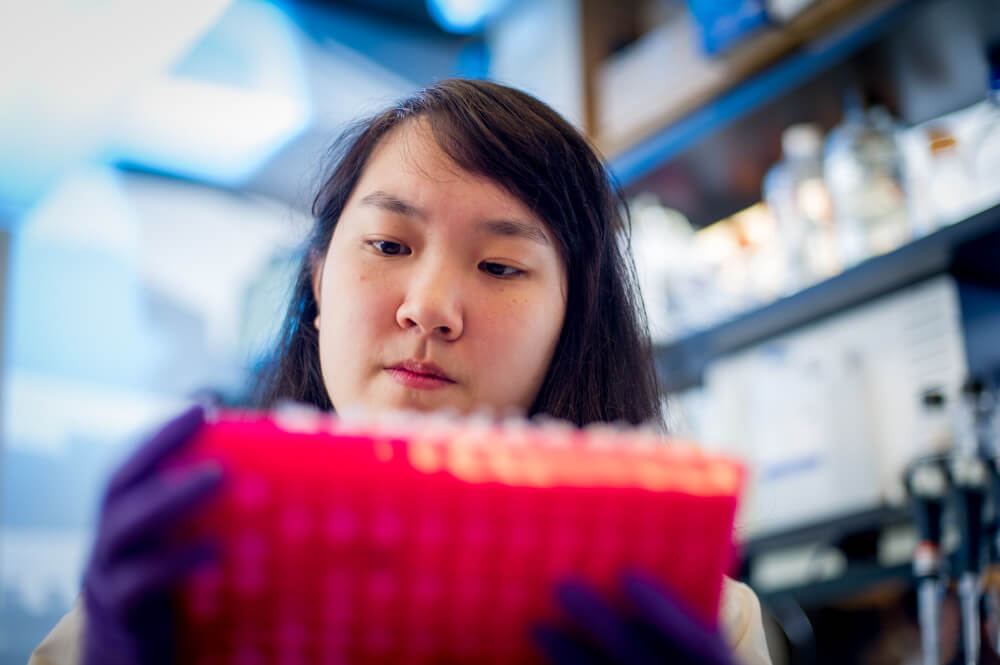Genomic testing, a newer field to genetics, refers to the process of observing an entire genome (genes that make up an organism) of an organism; for example, the human body. A person has about 25,000 different genes that are made up of about 3 billion DNA units.
What is the difference between genomic and genetic testing?
Genomic testing is different from genetic testing because it looks at all of a person’s genes, rather than focusing on a specific gene, or set of genes.
What is the purpose of genomic testing?
Genomic testing looks broadly for gene alterations, or harmful changes, anywhere in the genetic code.
All cancers contain genetic changes, or mutations, in the genetic code of their cells. These mutations cause cancer cells to grow and spread when they shouldn’t, and lead to the development of a tumor. Tumor testing identifies the specific pattern of genetic mutations in a person’s cancer. For some, this testing may lead to better understanding the cancer, and possibly how to treat it.

Most errors, or mutations in the DNA found in cancer cells, happen over a lifetime and are present only in the cancer. These mutations were not inherited, and cannot be passed along to children.
Genomic testing is most typically done using a blood sample that looks for inherited genetic changes as well. Inherited genomic testing looks at the make-up of genes a person is born with that can affect cancer risk. If an inherited gene mutation is found, then other members of a family could have it, too. Knowing about inherited gene mutations can help the relatives of a cancer patient, since those who share this mutation will benefit from special screening and follow-up care.
Genomic testing, whether on cancer cells or through a blood sample, can sometimes allow doctors to recommend certain treatments and chemotherapies that target the specific type of cancer. This targeting can also prevent normal cells from being harmed by therapy and reduce side effects.
How do I know if I need genomic testing?
If you are a cancer patient, it is recommended that you to talk to your oncologist to determine your candidacy for genomic or other types of genetic testing. If an inherited mutation is found, then a healthcare professional called a genetic counselor can help you and your family members understand the implications of the finding, and can help arrange further testing in a family so those who have inherited genetic risk can have access to proactive screening and risk reducing measures.
To learn more about genomic testing, contact the Center for Cancer Genetic and Prevention at Dana-Farber/Brigham and Women’s Cancer Center.
